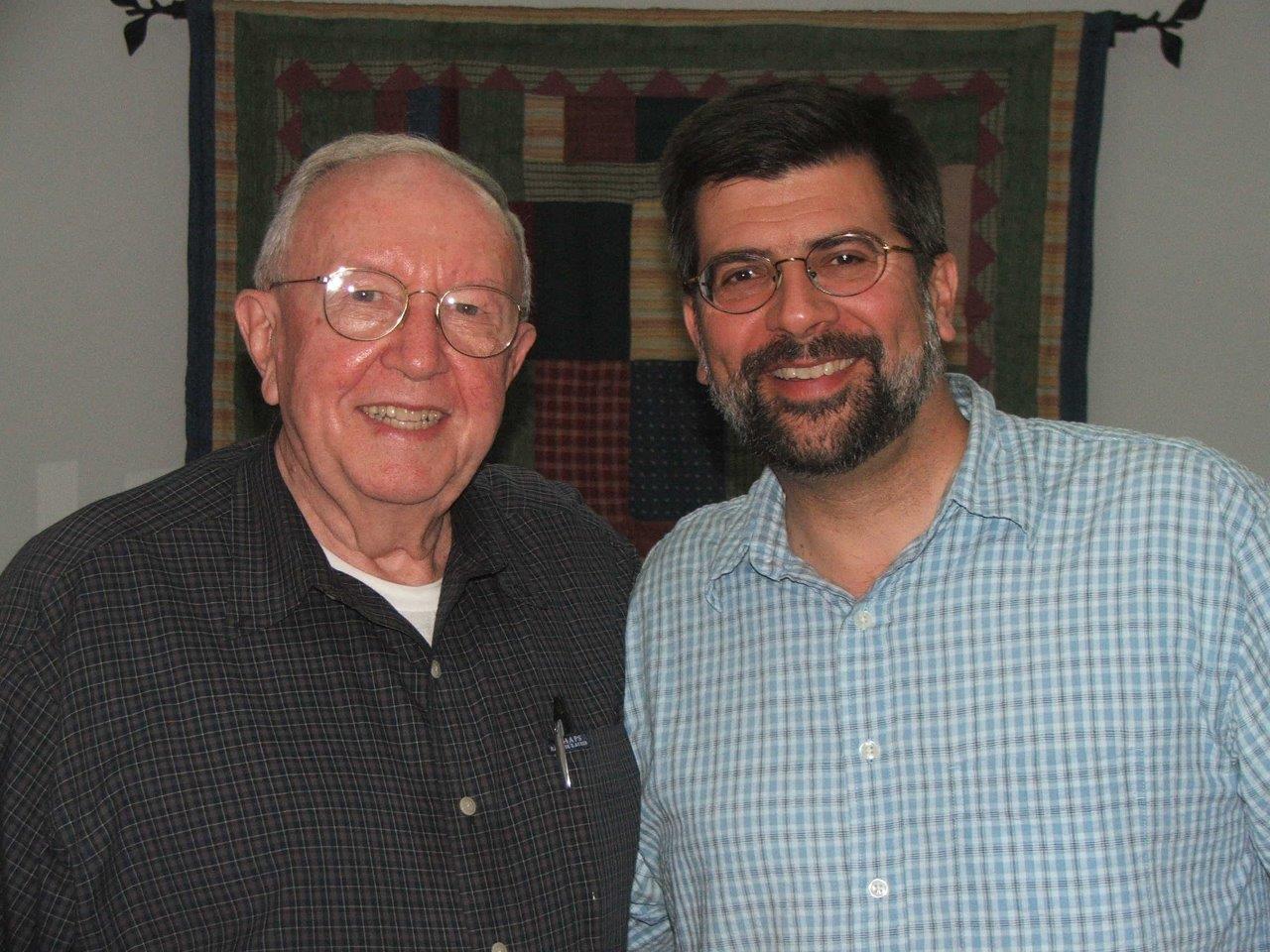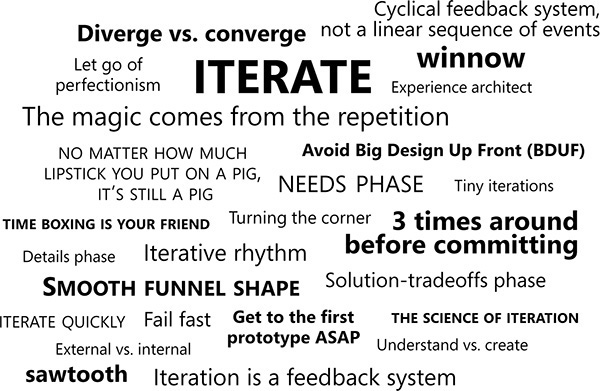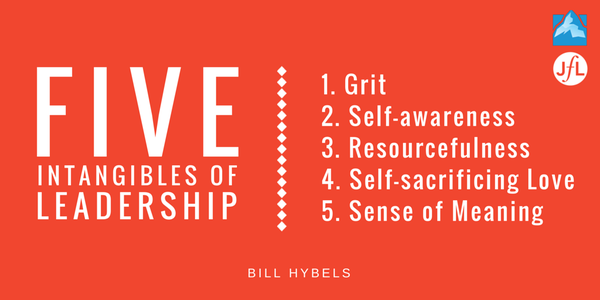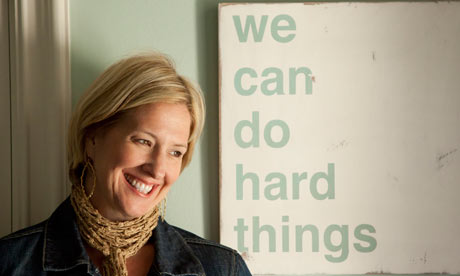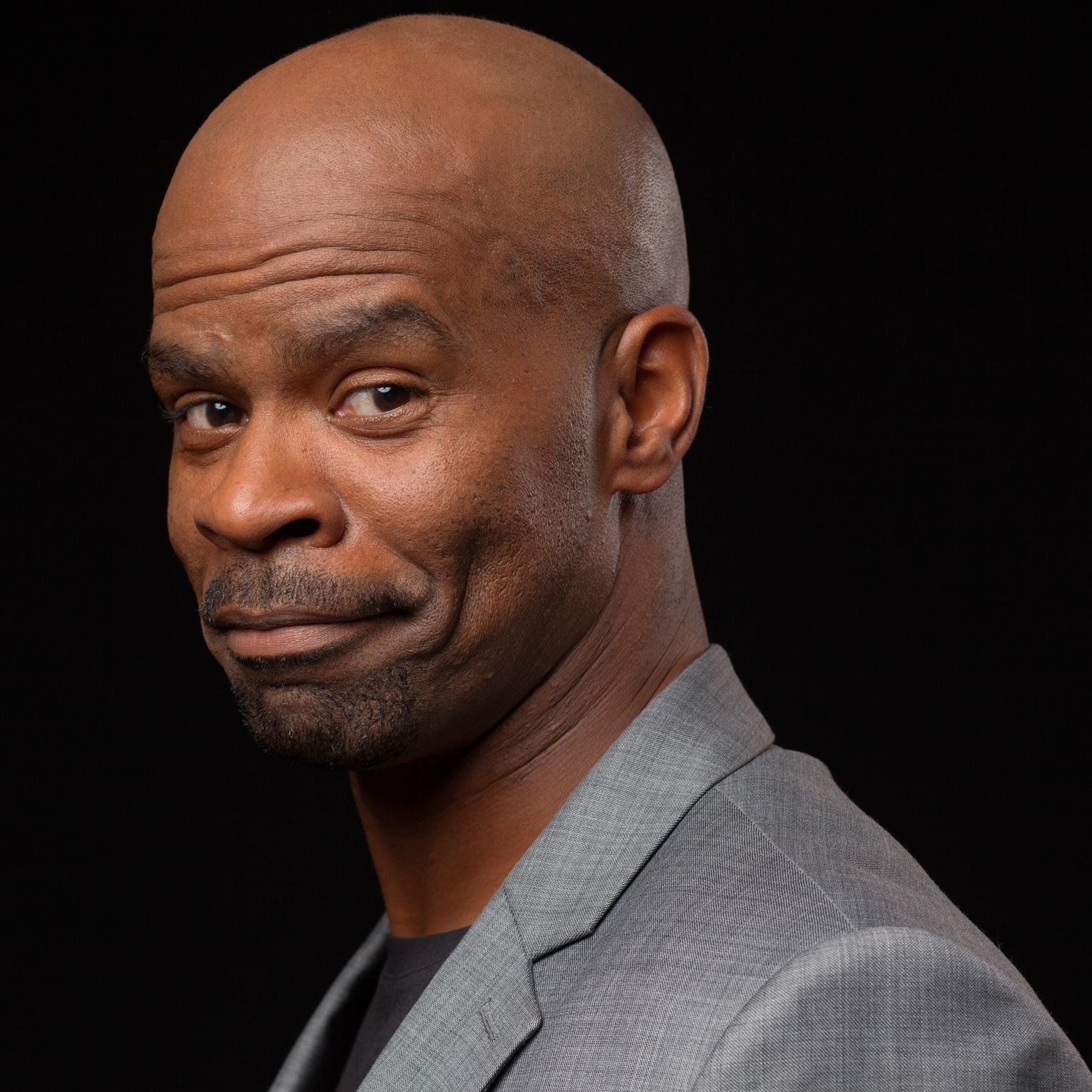Here we go! Friday Faves late edition.
1) Shrek Revisited – The Fairytale theme from the movie Shrek (by English composers Harry Gregson-Williams and John Powell) is sweetly suited to classical guitar. Especially arranged and performed by Beyond the Guitar‘s Nathan Mills. Enjoy.
2) 200 Days – It’s been 200 days of physical distancing and wearing masks in public. Over half a year. COVID-19 has been a global health threat for many months now. We have learned so much in how to prevent, mediate, and treat. It’s become a political issue which is unfortunate and unfair. It is a novel virus. We are all learning.
For me, the biggest thing, after not contracting the virus, is how to navigate life with physical distancing. I’ve found instead of my capacity for work and people growing, it has contracted. Fatigue is a daily issue to battle. This is so curious since we are in the physical lives of far fewer people…and much of the clutter in our work lives has been removed.
Still…we are challenged to stay in play in life and relationships. I really appreciated the counsel of the two articles below. Won’t elaborate here, but read what you need…and don’t give in to the sluggishness of this constrained life. It will get better or stay different – we want to effectively meet the challenge whatever it is.
The Nine Habits to Increase Your Energy – Scott Young
 Photo Credit: Spencer Seim, Facebook
Photo Credit: Spencer Seim, Facebook
3) Humanity Over Politics – “Don’t let politics take away your humanity. Don’t let the fact that you agree or disagree with someone on various issues, don’t let that stop you from having sympathy for them, compassion…In general, people need to stop trying to dunk on people, insult people, dunking on people when they are…sick, going through dark times. It’s just despicable behavior. This is not me virtue-signaling. This is just me trying to encourage you to be a decent human being. Humanity over politics always!” – Zuby
Important message!
Don't let politics turn you into what you despise. You don't change hearts and minds by kicking people at their lowest point. Even if you disagree with them.
Be a decent human! ✌?
Humanity > Politics pic.twitter.com/X5F4cjv6NC
— ZUBY: (@ZubyMusic) October 1, 2020
I follow @ZubyMusic on Twitter. This young man is British with an international accent (sounds American to me, raised and schooled in Saudi Arabia). He is truly brilliant with a wide range of giftings – podcaster, rapper, health/fitness coach, author, and culture commentator. He seems to truly care about people…and even us Americans, which is so refreshing. I learn from him daily.
4) Civil Thoughts and Voices – Who are those in your lives? Please comment below and let us in on those we might want to learn from, as well. On the Christian front, writer/pastor Scott Sauls is one of those for me. His book A Gentle Answer: Our ‘Secret Weapon’ in an Age of Us Against Them is a great resource.
In the last several weeks, you have heard me rave about economics professor and social scientist Glenn Loury. He is one of the thought leaders in our world today, and his voice has helped me stay calm in a world gone crazy. He is weekly on a YouTube Blogging Heads episode and also on other media platforms. This week, Loury speaks with Ian Rowe on education and society. There is not one dry point in this whole conversation.
Hope-giving. Whatever your biases or preconceived notions are, Do. Not. Miss. This. Especially if you love children.
Rowe is currently a fellow with the American Enterprise Institute, focusing on education and upward mobility, family formation, success sequence, adoption, and poverty studies. If you truly care about issues related to racism, poverty, opportunity, and family, you want to read everything he writes…and talk about it with whomever and wherever you have a voice.
[Rowe also talks about the role of not only individuals but mediating institutions who will add to the conversation and strengthen the solutions.]
The Power of the Two-Parent Home Is Not a Myth – Ian Rowe
1776 Unites – free US history curriculum, alternative to 1619 Project
 Photo Credit: Facebook, Chris Bear & Wendy McCaig
Photo Credit: Facebook, Chris Bear & Wendy McCaig
The Politics of Spin and Culture War Fatigue – Scott Sauls
Six Tips for Speaking Up Against Bad Behavior – Catherine A. Sanderson
5) Mushrooms Everywhere – The natural world around us is full of wonder and surprises. I had the pleasure of a walk in the woods this week. Highlighted by a closer to the ground view by two small grandchildren. They spotted and we marveled at the incredible array and variety of mushrooms and fungi growing on the forest floor and downed logs.
We see mushrooms pop up in our yards overnight. How do they do it? Seemingly out of nowhere. Not tackling that here, but you can find several timelapse videos of mushroom growth on YouTube.
For today, I just wanted to post some (not all) of the mushrooms we discovered on that one walk. Phenomenal!










Time-lapse video of composting worms – ok, so this has nothing to do with the above topic, but… When my husband takes the grandchildren fishing, they fish with worms. Dug up from our compost pile. Except for the creepiness factor, it amazes how worms can turn garbage into compost, and over a very short amount of time.
___________________________________________________________________________
That’s it for this week. Hope you had a great weekend (given this is posted after the weekend instead of on Friday). Stay well out there.
Bonuses:
COVID-19 Emergency Measures and the Impending Authoritarian Pandemic – Stephen Thomson
Warren Buffett Says This 1 Simple Habit Separates Successful People From Everyone Else – Marcel Schwantes – In case you don’t read the article, the habit is that successful people say “No to almost everything”. Schwantes also quotes Steve Jobs and Jim Collins on how we make our decisions in choosing what really matters to us.
“Every ‘yes’ you say means a ‘no’ to something else.” – my husband, Dave
Forgive me but I didn’t realise Thursday was #NationalPoetryDay.
If I’d have remembered I’d have posted this famous moment from ‘Parkinson’ in 1973… when Ken and Maggie Smith read John Betjeman’s ‘Death in Leamington’ in front of the great man himself.
Truly memorable.
Click⬇️ pic.twitter.com/pqpHdg82UL— Kenneth Williams Archive (@KENNETHWILLlAMS) October 3, 2020
Twitter source: Kenneth Williams
The following video is an intersection in Cairo, Egypt. I never could bring myself to drive when we lived there, but I loved watching how the drivers made their way through all the traffic. Fascinating!
Why the World Needs Heroes – Jenn Phillips
I posted this Howard University commencement speech once before – if you didn’t see it, don’t miss it. Chadwick Boseman.






